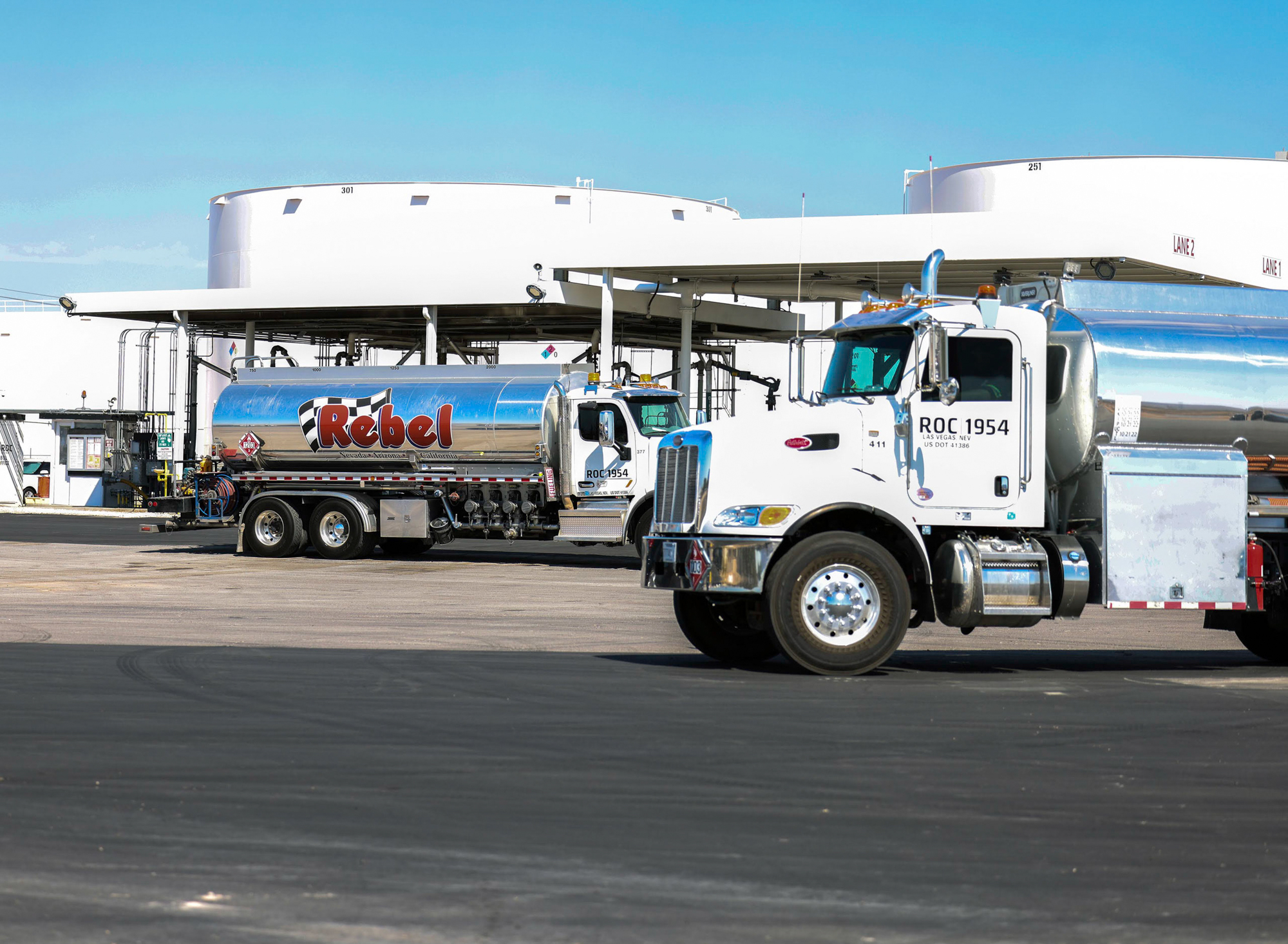Someone should ask California Democratic Gov. Gavin Newsom if he thinks Arizona Democratic Gov. Katie Hobbs is a lackey for “Big Oil,” or if that’s an accusation he only levels against Republicans.
Earlier this year, when Newsom was proudly pushing to cap the profits of oil refineries, Nevada Republican Gov. Joe Lombardo sent a letter expressing concern that such a policy could drive regional gas prices even higher. Newsom’s administration responded by essentially calling Lombardo a shill for the oil and gas industry.
“This is a stunt to appease Governor Lombardo’s Big Oil donors, who contributed tens of thousands of dollars to his campaign,” Newsom spokesperson Alex Stack told Politico.
Well, Lombardo has recently sent another letter expressing concern about California’s latest regulatory approach to the industry. However, this time, Arizona’s governor has joined him.
The letter, signed by both governors, warns that even the California Energy Commission (CEC) has stated Newsom’s plan to impose new storage requirements on refineries “may artificially create shortages in downstream markets” that would raise costs for consumers in Arizona and Nevada. In a press release, Hobbs explained that Arizonans and Nevadans already “struggling with the high cost of living can’t afford yet another price hike” at the pump.
Now that Hobbs is joining Lombardo in vocal opposition, surely Newsom’s administration is about to accuse her of being nothing more than a mouthpiece for the evil carbon-emitting energy sector, right?
Of course, such an accusation would be a bit difficult to make with any credibility. Of the $15.7 million Hobbs received in campaign donations in the 2022 election cycle, less than $16,000 was from the oil and gas industry, according to votesmart.org. That’s substantially less than the $40,000 Lombardo received, but it’s also quite a bit less than the $22,000 Newsom accepted from the industry the same year.
Maybe, just maybe, Lombardo and Hobbs have concerns that are more substantive than some supposed loyalty to a special-interest campaign donor. After all, higher prices at the pump — such as those described by the CEC — aren’t going to discriminate by party affiliation.
For his part, Newsom argues he’s trying to impose these new regulations in an effort to contain prices.
“Allowing Big Oil to gouge Californians at the pump to pad their profits is not an option,” he said in a recent post on X. In other instances where objections have been raised about his proposed restrictions on the industry, his office has framed the issue in purely partisan terms — arguing that “profit spikes are good for Big Oil and their Republican backers, which is why they’re trying to stop [these reforms].”
Maybe Newsom really believes his plan to lower prices is so airtight the only possible reason for someone to disagree with him is because they’re in the pocket of Big Oil lobbyists.
However, Sacramento doesn’t exactly have a stellar track record of successfully driving down fuel costs through similarly heavy-handed regulatory efforts. The simple fact that the average price for a gallon of gasoline in California is consistently among the highest in the nation is a major indicator that the state’s aggressive approach toward the industry hasn’t been a success story for consumers at the pump.
Indeed, the high fuel prices in California are especially damning considering the fact that, as one of the nation’s largest oil producing states, it should enjoy the same low-prices and economic benefits as other oil-rich regions. The state’s approach to regulating the industry, however, has effectively nullified what would otherwise be a natural advantage in the market.
Existing environmental requirements, for example, have created an “isolated market” for California refineries — meaning prices are highly susceptible to broader market fluctuations and routinely higher than elsewhere in the nation. Combined with some of the highest gas taxes in the country, heavy regulatory costs and seemingly unending interference from politicians and bureaucrats, it is little wonder consumer prices are stubbornly above average.
Considering the degree to which Arizona and Nevada are dependent on fuel from this regulated, taxed and volatile market, it’s only natural that Lombardo and Hobbs might express concern about California’s latest efforts to regulate the industry further.
Nonetheless, Newsom has refused to treat these “downstream” markets as legitimate stakeholders while crafting his policy preferences — instead resorting to petty political ad hominem attacks and partisan talking points any time someone expresses concern about his approach. However, with Hobbs joining the chorus of critics, it’s pretty clear that not everyone who disagrees with Newsom is some partisan cheerleader for an evil corporate special interest.
Some governors, as it turns out, just don’t want their constituents to keep paying the price for California’s costly, and escalating, war against Big Oil.
Michael Schaus is a communications and branding expert based in Las Vegas, Nevada, and founder of Schaus Creative LLC — an agency dedicated to helping organizations, businesses and activists tell their story and motivate change. He has more than a decade of experience in public affairs commentary, having worked as a news director, columnist, political humorist, and most recently as the director of communications for a public policy think tank. Follow him at SchausCreative.com or on Twitter at @schausmichael.

